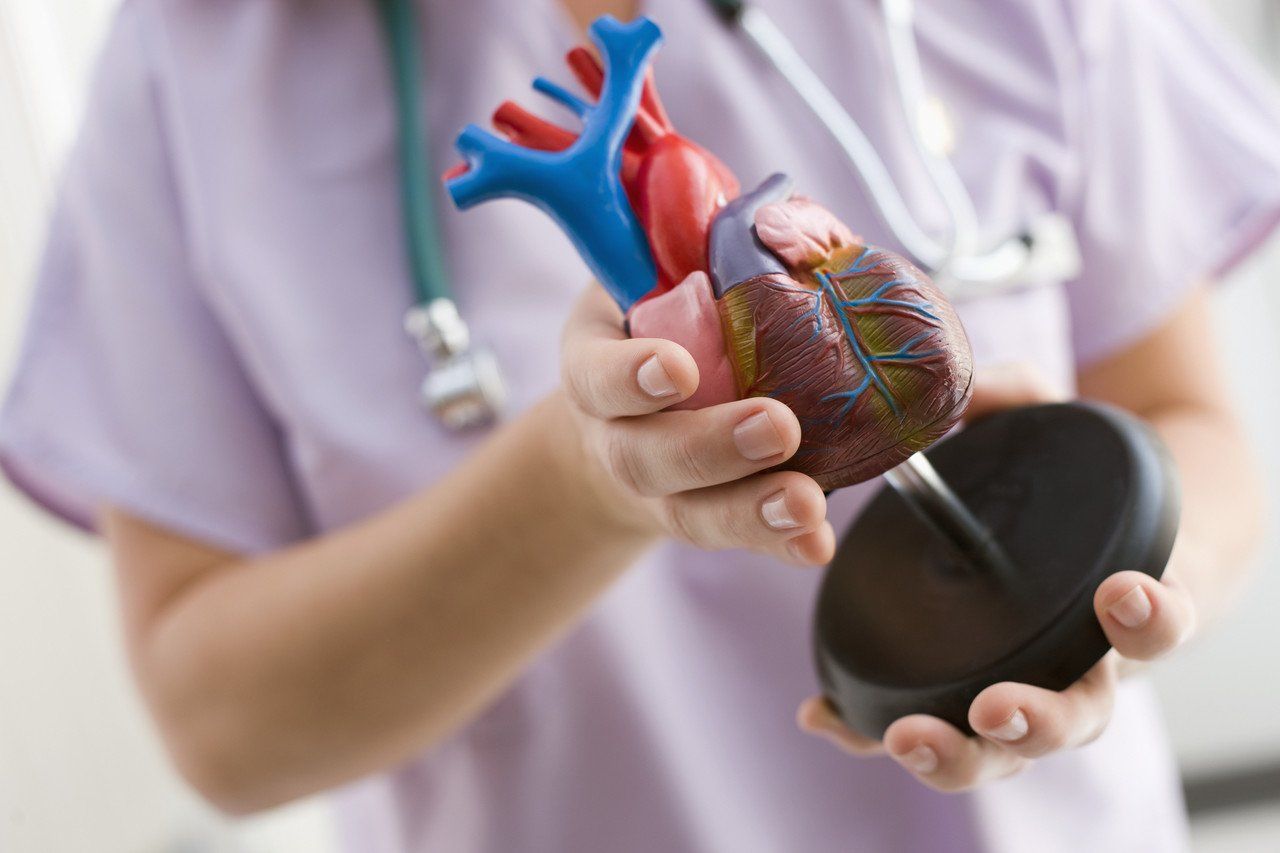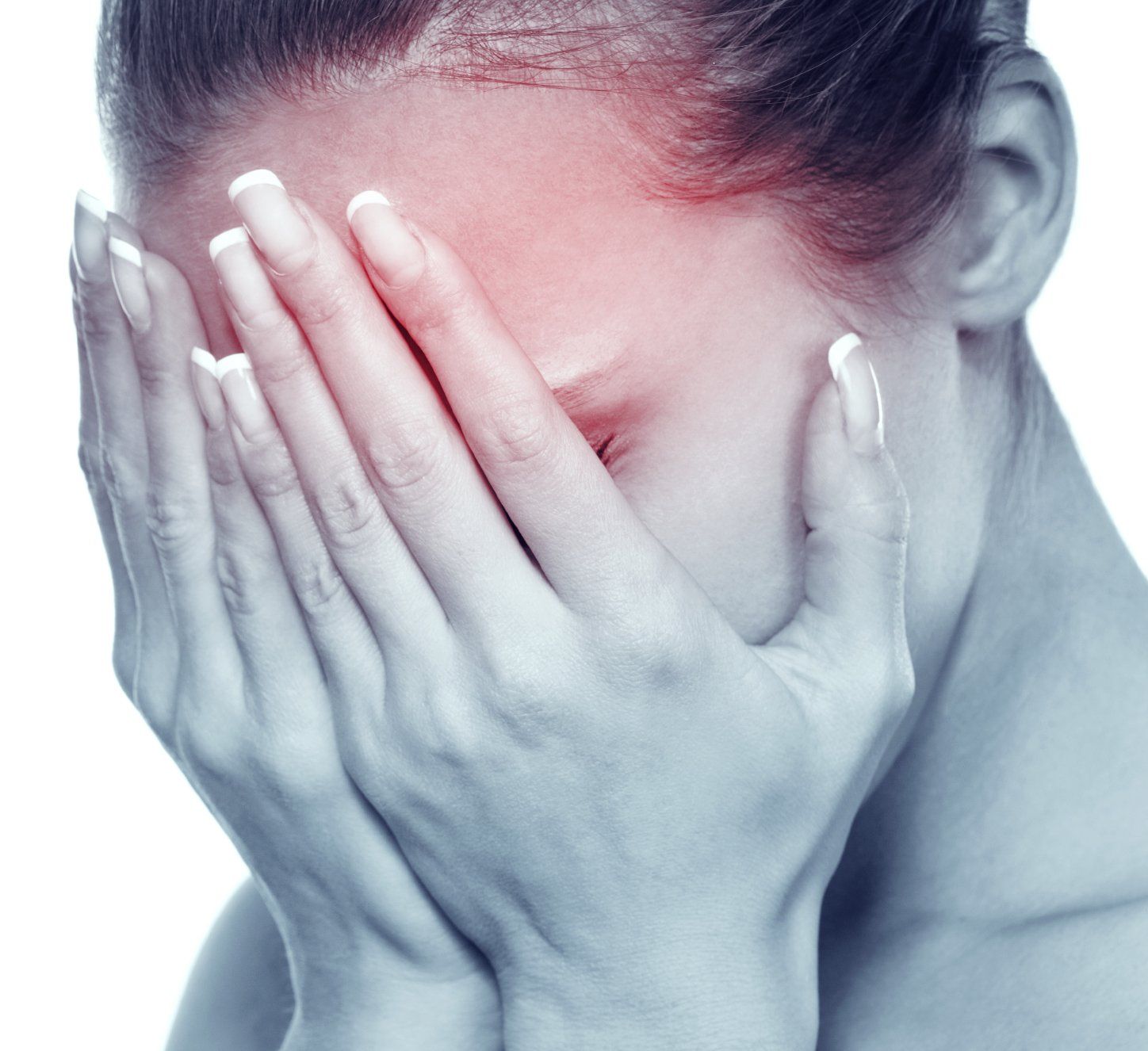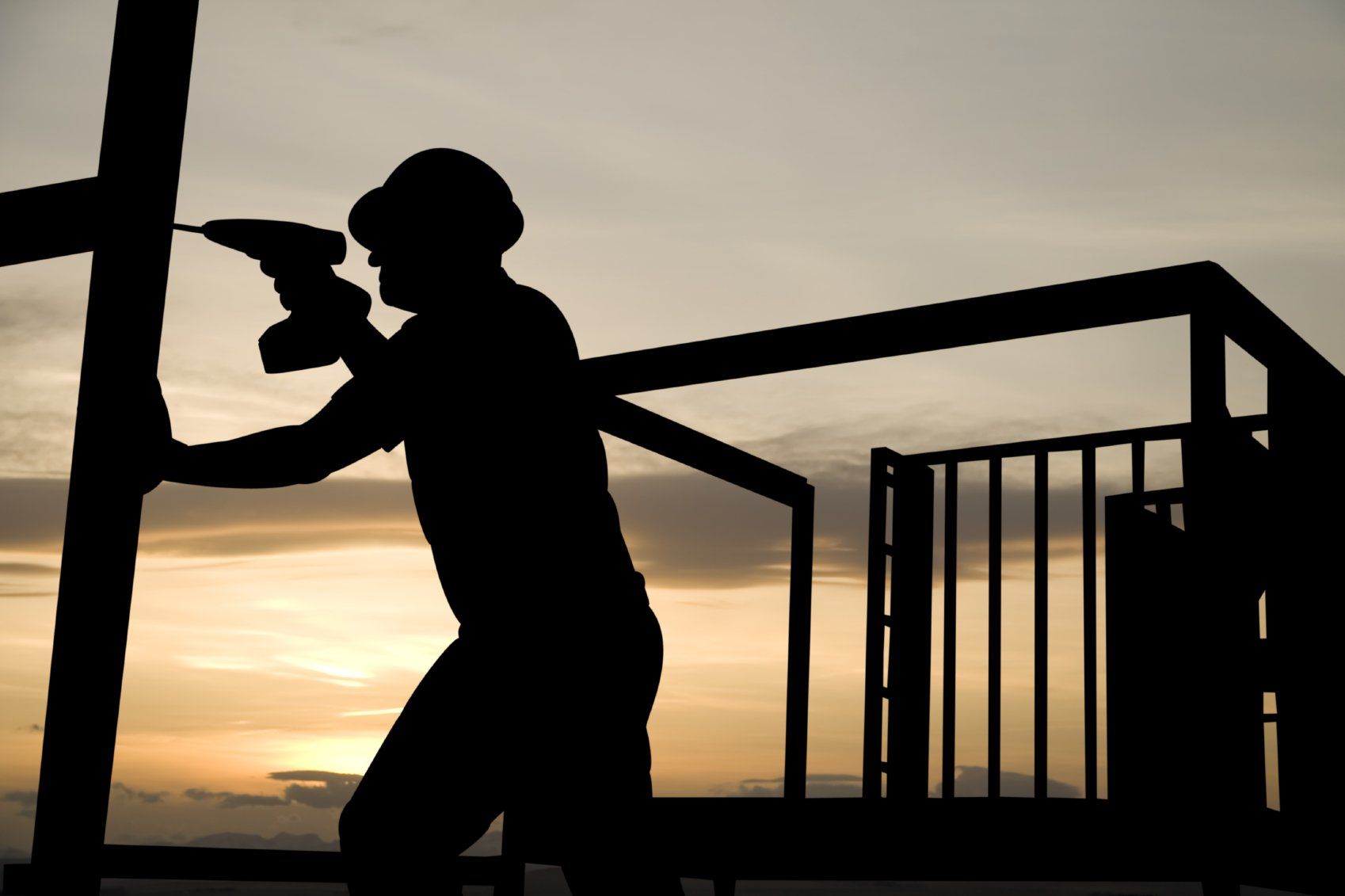What is a Cardiac Arrest? Could you help someone? Find out.
In light of the recent incident involving Christian Eriksen. DAC Education wishes him a speedy recovery and hope to see him back on the pitch soon. We also wish to show our support to the medics who did a great job.
What is a Heart attack?

People have contacted us asking us about First Aid and in particularly Cardiac arrest First Aid. To help, here is a quick overview and explanation of Heart Attacks and Sudden Cardiac Arrest.
A heart attack is when the heart is in major trauma, this is caused by the heart being starved of blood and therefore oxygen, due to a blockage or restrictions within the blood vessels surrounding the heart. This can lead to a cardiac arrest, one of the most common causes of death in adults in the UK. But heart problems affect children as well as adults.
A blockage or restriction is normally caused by the closing of the blood vessels around or near to the heart. This can be caused by a thrombus formation, commonly known as a blood clot in the blood vessels. Or Atherosclerotic plaque building causing a narrowing of the blood vessels restricting blood flow.
Heart attacks are very serious, and could lead to the heart arresting at any time, known as a Cardiac Arrest. There are around 125,000 people who suffer heart attacks every year in the UK. A big problem with heart attacks is that the patient will often not accept they are having a heart attack, and delay seeking treatment. As they don’t believe or do not understand what's happening to them, often they just blame it on indigestion.
Common Signs and Symptoms of a Heart attack are:
- Pain in chest which is worsening.
- Pain in arm usually the left
- Pain in Jaw and neck
- Shortness of breath
- Pale grey and sweaty skin
- Vomit or nausea
- Extreme fright, denial and fear
First Aid Treatment for a Heart Attack
- Sit them down on the floor, back against the wall, knees up, bum 6-8 inches away from the wall. The "W" position
- Activate the emergency medical services.
- Calm and reassure, try to get them to slow their breathing.
- Get the nearest Automated External Defibrillator (AED) to you.
- If they fall unconscious, then open the AED, turn it on and do as it tells you.
Sudden Cardiac Arrest
A Sudden Cardiac arrest or SCA is different from a heart attack. A heart attack often will lead to a cardiac arrest. Whereas a SCA misses the heart attack part and goes straight into Ventricular fibrillation (VF). This is likely what Christian Eriksen experienced.
VF is where the heart spasms, quivers, leading to a lack of pulse and therefore ineffective “pumping”. Breathing will stop and the casualty will lose consciousness.
There are around 75,000 deaths due to sudden cardiac arrest in the UK every year. Survival rate out of hospital is about 10%. But in the right setting with the right equipment, and the correct training the chances get better.
If a casualty has an AED applied and shocked within 1 minute then there is a 80% chance that an AED will restart the heart into a normal rhythm. At 4 minutes there is 60% chance, at 7 minutes 20% and at 10 minutes virtually 0% chance. The fast actions from the Medics at pitch side most certainly saved his life.
Using an AED
A public use AED is designed to be used by anyone. All of them have simple voice instructions and pictures to guide you through the process of applying them to an individual. Most are semi-automatic and will tell you to press a button to shock the casualty. An AED will not shock a casualty if they do not need to be shocked.
Do you know where your nearest AED is?
What First Aid training do you need?
Your first aid provision will be dictated by your first aid needs assessment which will be completed as part of your risk assessments but....
Do you need the training to understand CPR, AEDs and other conditions in your work place? Do you need to have the correct equipment? Or do you need help to work out a First Aid needs assessment?
DAC Education Ltd can provide a First Aid solution and training so that your sports club, office staff or school don’t have to worry about the what if.
See some of our blogs below about Mental health, First aid and much more

DAC Education LTD, Company number 12639015
Registered office and training centre: Unit One, Main Road, Stratford St Andrew, Suffolk, IP17 1LF
All Rights Reserved | DAC Education Ltd


















